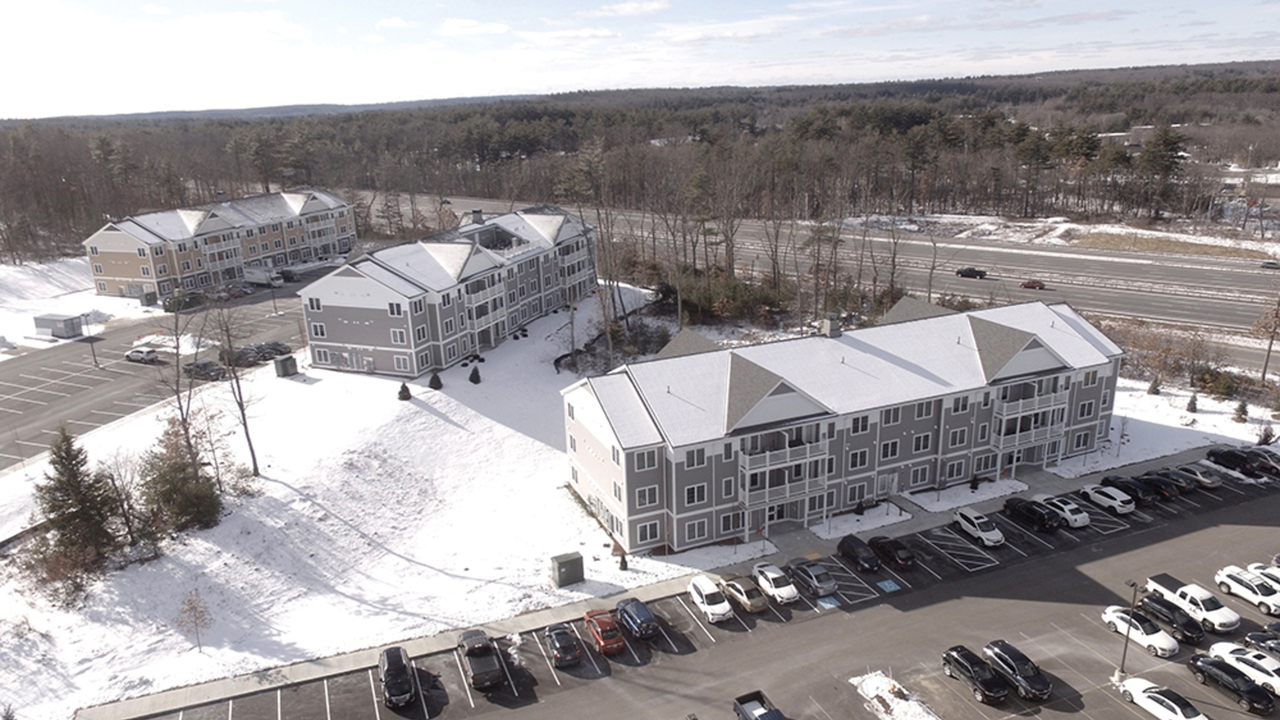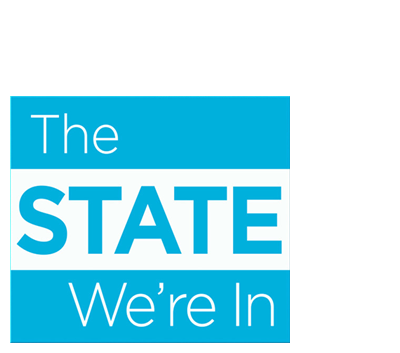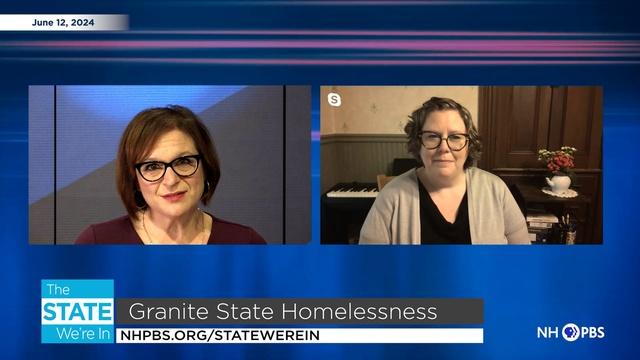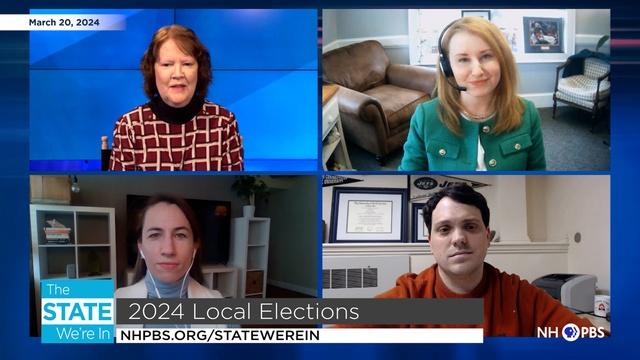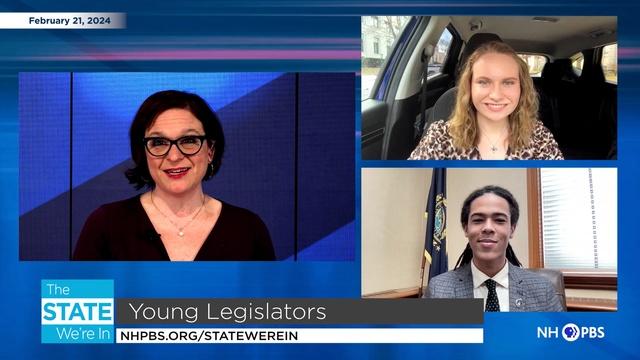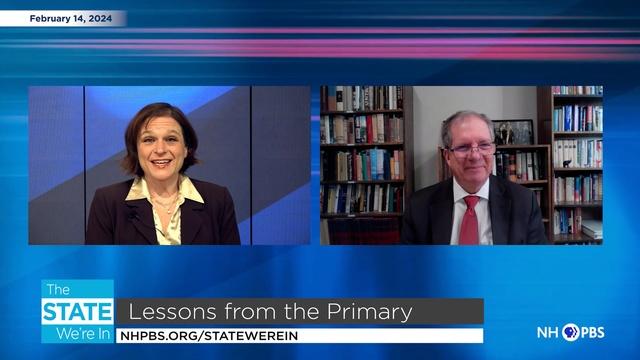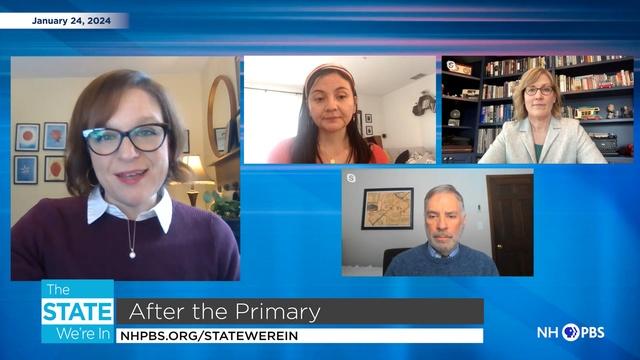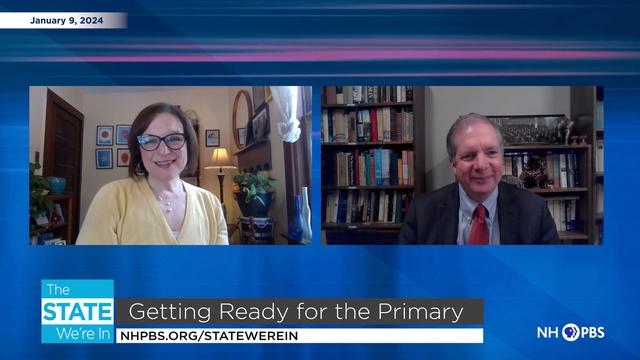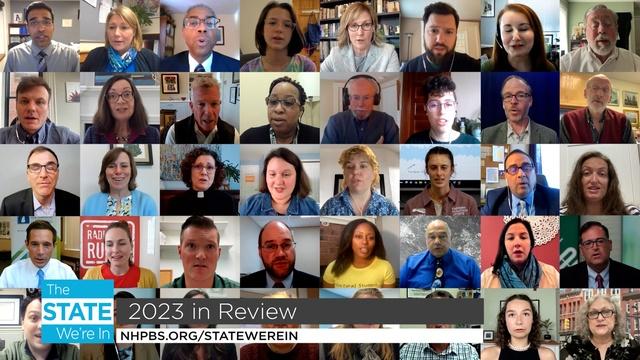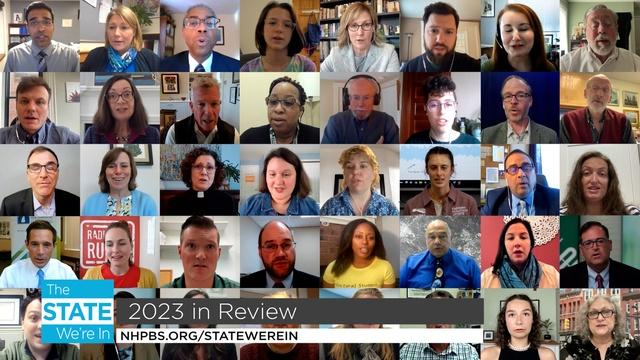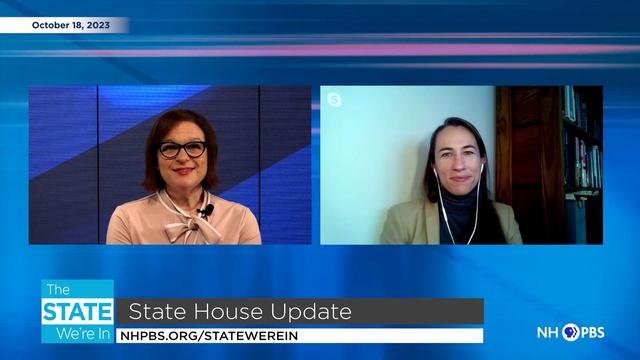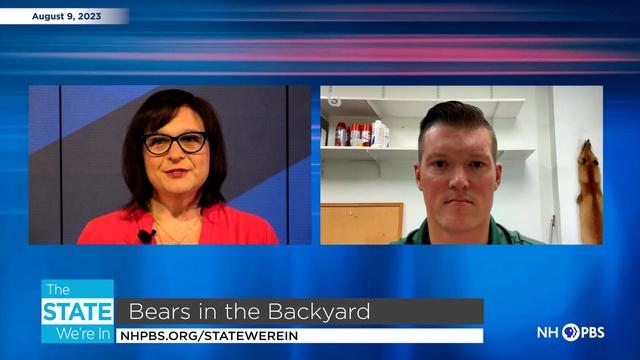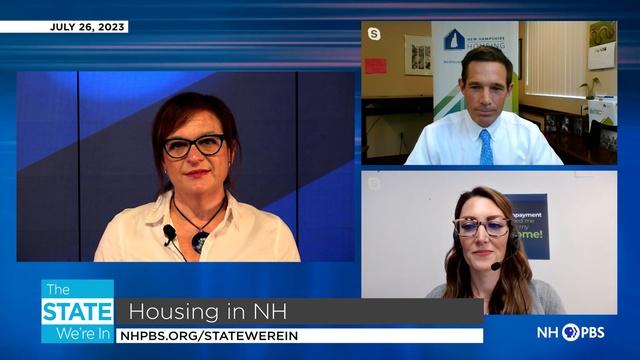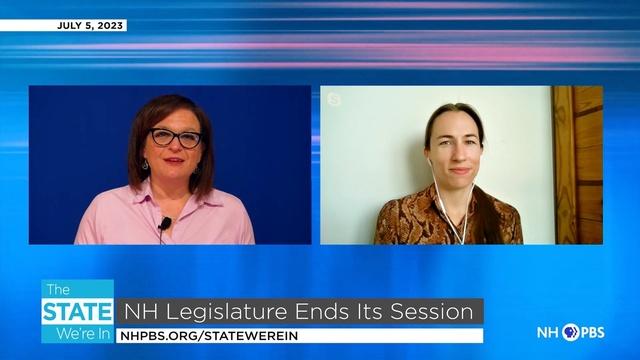Communities Circumvent Housing Law
From: Business NH Magazine
Cover Photo: Courtesy Wallace Farms
By Judi Currie, Business NH Magazine
(Editor’s Note: This is the first in a two-part series from Business NH Magazine on affordable housing.)
Despite the pandemic, construction companies have experienced some of their busiest quarters with construction of single-family homes and multifamily units on the rise. But even as residential development continues at a fast clip, demand for housing is outstripping supply.
According to the NH Housing Finance Authority, while the Granite State has made inroads, there is still a housing deficit and as many as 20,000 units are needed. Among the greatest needs is affordable housing, also called workforce housing, which includes starter homes, townhouses, condominiums, apartments and accessory dwelling units. While inclusive of low-income housing, workforce housing is defined as affordable to a renter earning up to 60% of the area’s median income, a salary range that includes many essential workers (see chart).
To get to the heart of NH’s housing deficit, the NH Housing Finance Authority is examining what worked and did not work as a result of NH passing The NH Workforce Housing Law (RSA 674:58-:61) more than a decade ago. The law was passed in 2008 but did not go into effect until 2010, giving municipalities one year to adjust or prepare their zoning or other ordinances with a vote at town meeting if needed. Ben Frost, managing director for policy and public affairs for the Housing Finance Authority (HFA), says it is too difficult to quantify the number of housing units directly attributable to the law so, instead, they are examining trends.
The HFA hired a consultant to study how 10 municipalities responded to the workforce housing law by making changes to their zoning ordinances and other regulations, and looked at development. The research is nearly complete, and Frost says one conclusion is more work needs to be done.
“The consultant identified the need for ongoing education of local decision makers, planning and zoning board members in particular.” Frost says. “There also needs to be some level of enforcement; there are no housing police. It is up to individual developers to sue a community if they feel they have been mistreated under the workforce housing law.”
Some communities, like Londonderry, have embraced the law and used it to expand their housing stock, Frost says.
“Beginning around 2007, the Londonderry planning board and the town council recognized that their children couldn’t afford to live in the town they were raised in,” he says. “The workforce housing law was passed, and what Londonderry came up with is a really effective response to the law and the needs in their own community.”
After explosive growth from 1960 to 1980, Londonderry effectively shut down all opportunities for residential or commercial development. But the town was 96% owner occupied, essentially a bedroom community with no workforce housing, says Robert Tourigny, executive director for NeighborWorks Southern NH. “It didn’t have, in our opinion, an adequate supply of rental housing to meet the demand, and there certainly was nothing affordable and so the town established a workforce housing taskforce that ultimately made recommendations to the planning board and town council to adopt a workforce housing ordinance,” he says.
Other communities have not had a similar awakening or they are simply looking for a way around the law, Frost says. “They don’t want to change their zoning ordinances; they don’t want change, period. They look for excuses, sometimes based in the law and sometimes [they] adopt a ‘so, sue us’ policy,” he says.
Compact Trending
The market is moving toward more compact development, says Frost. “There is still a market for the single-family home on a large lot, but it is a less robust market than the one for smaller units, smaller lots, in town.” He says towns have an opportunity to capitalize on these trends by encouraging development that meets market demand.
The NH Housing Finance Authority worked with Urban3, a firm that provides economic, property and retail tax analysis to municipalities, on a study that showed a municipality needs to use sound financial outcomes to guide development. “What is the municipality getting in terms of tax revenue per unit of area consumed by development?” asks Frost. “What [Urban3] concludes over and over again, not just in New Hampshire but nationwide, is that more compact, mixed-use developments yield much more in tax benefits and value benefits to a municipality than sprawling development.” But even with a law that says towns are not to put unnecessary impediments in the way of workforce housing, developers say communities can delay a project to death by placing onerous restrictions and hurdles on family housing while rubber stamping and approving housing restricted to those who are age 55 and older. “The workforce housing law was not then and should not now be considered as the [whole] solution,” says Frost. As the Urban3 research shows, more education and enforcement is needed.
Legislative Roadblocks
Late in 2019 there was strong bipartisan support for a series of initiatives that would begin solving the affordable housing crisis, including recommendations from a task force that included staff from the Governor’s Office, state and local officials, and industry experts.
When COVID-19 shut down the legislative session and a series of omnibus bills emerged, two major housing bills did not make the cut. Key provisions from those earlier bipartisan packages were introduced in 2021 as HB 586, including free training materials for members of zoning and planning boards, a modified appeals process for zoning decisions, and tax relief incentives for eligible housing projects.
HB 586 also proposed that if a municipality allows increased density, reduced lot size or expedited approval of housing for older persons, it must allow the same incentives for the development of workforce housing. Gov. Chris Sununu, in his support of HB 586, said the measure would protect property rights by ensuring a planning and zoning process that improves predictability and balance, and accelerates investment in workforce housing.
“House Bill 586 embraces our traditions of local control and individual property rights, empowering municipalities to help attract the workforce that makes our economy thrive.” Sununu wrote. “If we do nothing to address our state’s housing issues, we will be telling our New Hampshire businesses and workers that we are not listening to their needs.”
Although the bill had four Republican and three Democratic sponsors, the measure was tabled by a motion that passed by just three votes, 175-172.
The NH Municipal Association (NHMA), in a statement, called the tabling an unexpected development, saying the bill appeared to have broad bipartisan support. “However, even though NHMA did not oppose the bill, some legislators expressed concerns that it imposes too strict requirements on local land use boards.”
Housing Action NH Director Elissa Margolin says she expects some of the provisions in HB 586 to reemerge as there is still bipartisan support. She says those who opposed the measure may need more education with regard to the opt-in nature of the provisions. “This is about giving tools to the communities that want to opt in. There are a lot of communities that do want to say yes-in-my-backyard. They make the connection between a sustainable and vibrant local economy, that affordable housing-friendly equals business-friendly,” Margolin says.
Meanwhile, an attempt is underway to repeal the creation of the new Housing Appeals Board before it has even heard its first case. The Business and Industry Association (BIA) has long considered the housing shortage as top legislative priority.
David Juvet, senior vice president of public policy at BIA, testified before the committee that the move to repeal the Housing Appeals Board was premature.
“We think it will work, but it hasn’t even been given a chance to work,” Juvet said. “We think it’s an important, additional, low-cost timely way for developers to appeal what they think are bad decisions made at the local level. People saying the Housing Appeals Board takes away local control is nonsense. It’s an appeal process, just as the court is.”
Developer Dick Anagnost of the Anagnost Companies in Manchester says prior to the creation of the board, the only remedy if a project was denied was superior court with a backlog of two to three years. “Developers don’t have the pockets to carry projects for long periods of time with no revenue,” he says.
A workforce housing project in Nashua, completed by Anagnost Companies. Courtesy photo.
Chris Norwood, president of NAI Norwood Group in Bedford, says while his primary business is in commercial development, his involvement in NH’s housing challenge stems from his role as chair of the NH Association of Realtors’ Public Policy Committee as well as being a board member of the NH Housing Finance Authority. “It is everyone’s challenge,” says Norwood. “And I know the attitudes are changing. It used to be the folks who stood up and spoke in support of additional housing were the advocates, the realtors, New Hampshire Legal Assistance, New Hampshire Housing. You’re seeing the business community, whether it is the BIA or individual chambers, saying ‘Hey, this is important to us.’ The people in the room supporting housing issues at the state level have changed dramatically.”
Build it and They’ll Come
Anagnost says the demand for all types of housing is high but supply is low, and homes and units are selling and renting quicker than ever. A workforce housing project he completed in Nashua in December saw all 153 units rented by the end of January. He says he is about to break ground on 93 units of workforce housing in Bedford, and there are 23 people on a waiting list. He has not even cleared the trees yet.
“Right now, housing is the darling of finance, but you can’t find land that is zoned appropriately, you can’t find land with any utilities for a reasonable price, and the construction costs are off the charts. Everything you are dealing with goes against your ability to develop additional workforce housing,” Anagnost says.
Chris Schleyer, principal and head of property management at the Elm Grove Companies in Manchester, says his firm wants to create more workforce housing but can’t find the right property. “There is a lack of available property on the market and what is available is overpriced in our estimation. When a property does become available, there is a significant amount of competition for it, and there seems to always be a buyer or two who will pay more than we think a property is worth.”
Schleyer says NH is not alone in the challenge of developing affordable and multifamily housing, and that zoning regulations over the past several decades have created this environment. “Zoning as we know it has become so ingrained in our society and so inflexible to change that we are left with limited options for development of rental housing. Urban sprawl and cul-de-sac communities have not helped much either,” he says. “In New Hampshire, we have so much available land to add housing to, but zoning regulations stifle efforts to add units where they are permitted and block them from being added to communities where they would fit, but do not currently exist due to zoning.”
The amount of permitting required is also daunting. North Branch Construction in Concord completed, in February, three 24-unit, three-story apartment buildings at the Wallace Farm Apartment Homes community in Londonderry, a $13.2 million project. Joseph Campbell, president of North Branch Construction, says in addition to the local approvals, the project required securing state permits, including an alteration of terrain permit, which has a 120-day approval process, requiring the firm to wade through a mound of red tape before breaking ground.
Wallace Farm Apartment Homes in Londonderry, built by North Branch Construction. Courtesy photo.
“It is worse because of COVID-related delays where some municipalities and state agencies are working from home. They are doing the best they can, but we are seeing that those permits are lagging,” says Campbell. “Every town is different in terms of process. Some meet bi-monthly; more typically it is once a month, but if they have one question or one revision to your documents, you have to go back to your design team, and you just lost a month because you have to go all the way to planning board again.”
Campbell says it would really move projects along if after planning approval, more minor changes could be done in the building permit application process.
These articles are being shared by partners in The Granite State News Collaborative as part of our race and equity project. For more information visit collaborativenh.org
Watch Online
The Monitor's Seized and Sold
A look at the Concord Monitor's "Seized and Sold" series, which examines evictions and foreclosures.
Return to the
The State We're In
Main Page
Support for The State We're In is provided by New Hampshire Charitable Foundation, Eversource and Hitchiner Manufacturing Co., Inc.
The State We're In is produced in partnership with the Granite State News Collaborative and the students and staff of the Marlin Fitzwater Center for Communication at Franklin Pierce Unversity in Rindge, NH.
How can we beat the heat?
Heat waves in New England, is this our future?
Juneteenth
As the oldest known nationally celebrated event commemorating the end of slavery in the US.
Granite State Homelessness
The first in a series about homeless in the Granite State.
State House Update - 6/5/24
An update on the latest bills before the Legislature.
Waste Not, Want Not
Host Melanie Plenda and guests discuss food waste and how to keep it out of landfills.
Holding Back the Ocean
Host Melanie Plenda speaks about flooding impact on critical state infrastructure.
Youth Mental Health
Examining the Mental Health of high school students.
Preventing Child Abuse
A look at preventing child abuse in New Hampshire.
Educational Standards
A look at proposed revisions to the state's educational standards, also known as 306s.
Housing Solutions
Host Judi Currie speaks with community planners and affordable housing advocates.
April 8 Solar Eclipse
Host Melanie Plenda talks about the upcoming eclipse with guests.
2024 Local Elections
Host Judi Currie speaks with several experts on the key issues surrounding the election.
Impact of Climate Change on Skiing in NH
Melanie Plenda speaks with freelance journalist Beatrice Burack about her series.
Poverty & Food Insecurity Following the Pandemic
Poverty and food insecurity rates here before, during and after the pandemic.
What to Know About AI in NH
Host Melanie Plenda discusses the ins and outs of artificial intelligence.
Young Legislators
State Reps. Jonah Wheeler and Valerie McDonnell join host Melanie Plenda.
Lessons from the Primary
Secretary of State David Scanlon discusses the New Hampshire primary.
Your Right to Know
We discuss HB 1002, which would allow public bodies and agencies to charge up to $25/hr.
Medical Aid in Dying
The NH House Judiciary Committee will hold a hearing on HB1283.
After the Primary
A discussion about the NH Primary results.
First-in-the-Nation Primary
We talk to veteran reporters about the upcoming New Hampshire Primary.
Getting Ready for the Primary
The New Hampshire presidential primary will take place on January 23rd.
Asset of Diversity
Members of the Business Alliance for People of Color discuss how diversity can be an asset
2023 in Review
A look back at "The State We're In."
2023 - Compelling Quotes
The best quotes from 2023.
Nature's Super Bowl
Learn about two upcoming eclipses with prime viewing spots in New Hampshire.
Food Insecurity
Staffers from the NH Food Bank discuss food insecurity in New Hampshire.
NH School Funding
Learn about the recent ruling that could change the way public schools are funded in NH.
Harvesting Climate Change
Melanie Plenda speaks with local agricultural experts about climate change.
Looking at NH Gun Laws
New Hampshire's gun control laws and preventing a mass shooting.
Local Elections
The importance of local elections and how to prepare for them.
Talking About War
How do you talk to kids about gun violence and war?
State House Update
Citizens Count's Anna Brown discusses some of the bills the state Legislature will tackle.
Digital Equity
Bridging the digital divide in New Hampshire.
Fall Health Outlook
Infectious disease expert Dr. Michael Calderwood talks about the fall health outlook.
Education Standards
A look a proposed revisions to the state's educational standards, also known as 306s.
Radically Rural Returns
The popular small town summit is back for a sixth installment.
Difficult Conversations
Different approaches to the same goal.
Money Matters
More New Hampshire residents are finding it difficult to afford everyday expenses.
Bears in the backyard
More bears are showing up in backyards and social media feeds.
Housing in NH
The 2023 NH Residential Rental Cost Survey Report and what it means for NH residents.
The State of Journalism
Host Melanie Plenda talks through the state of journalism in New Hampshire.
Student Loans
Host Melanie Plenda talks with Financial Aid Professional and a recent grad about debt.
NH Legislature ends its session
Host Melanie Plenda talks with Citizens Count's Anna Brown.
Mt. Washington Observatory Summer Forecast
Host Melanie Plenda speaks with scientists from the Mount Washington Observatory.
Neo-Nazis in NH
Host Melanie Plenda talks about combating hate and misinformation around a drag story hour
Guns & Violence -- What can we do?
Host Melanie Plenda looks for common ground from two perspectives.
Asphalt Plant Concerns
Hear concerns about a proposed asphalt plant in Nashua, which has residents worried.
